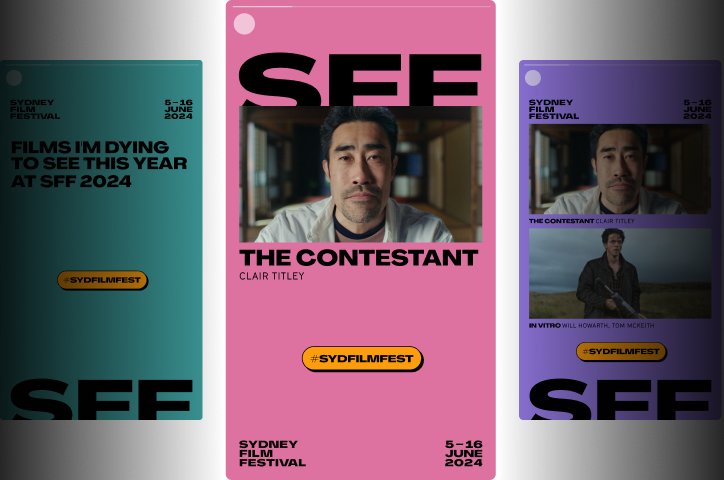
Ousmane Sembène is considered one of the most important revolutionary artists of his generation. His body of work in literature and film inspired many African filmmakers and defined post-colonial Africa.
Born in 1923 in Casamance, southern Senegal, he was expelled from school in 1936 for indiscipline, and was unable to follow his father’s trade as a fisherman, as he was always seasick. He then opted to work as an apprentice mechanic and a bricklayer before he got drafted into the French army to liberate France from German occupation.
“In the darkest of darkness, if the other does not see me, I do see myself. And surely do I shine.”
– Ousmane Sembène
After the Second World War, unemployed, Sembène left Dakar and moved to Marseille, where he laboured as a dockworker–resulting in a broken back caused by offloading a ship. He later joined the trade union and worked to educate and liberate a community of mostly illiterate African immigrants working on the dockyard.
After 12 years spent working in Marseille as a docker, Sembène returned to his native land, where he devoted most of his time to writing and published 10 novels. He soon realised that his intended audience’s level of illiteracy was too high, however, and only a handful of his people were able to have access to his work. At nearly 40, Sembène got a scholarship to study filmmaking at the Gorky Film Studio in Moscow, where he was mentored by the Ukrainian film director Mark Donskoy.
“Sembène came to cinema, and he invented a new language to represent Black people”
– Manthia Diawara, Director of the Institute of Afro-American Affairs at NYU
On his return to Senegal, Sembène began experimenting by making films reacting to the poverty and desperate social conditions in his country. Armed with an old Soviet camera that was gifted to him, Sembène directed his first feature film Black Girl (1966), the follow-up to his award-winning short film Borom Sarret (1963). He will forever be remembered for ushering in a new wave of African filmmaking.
On sale now







